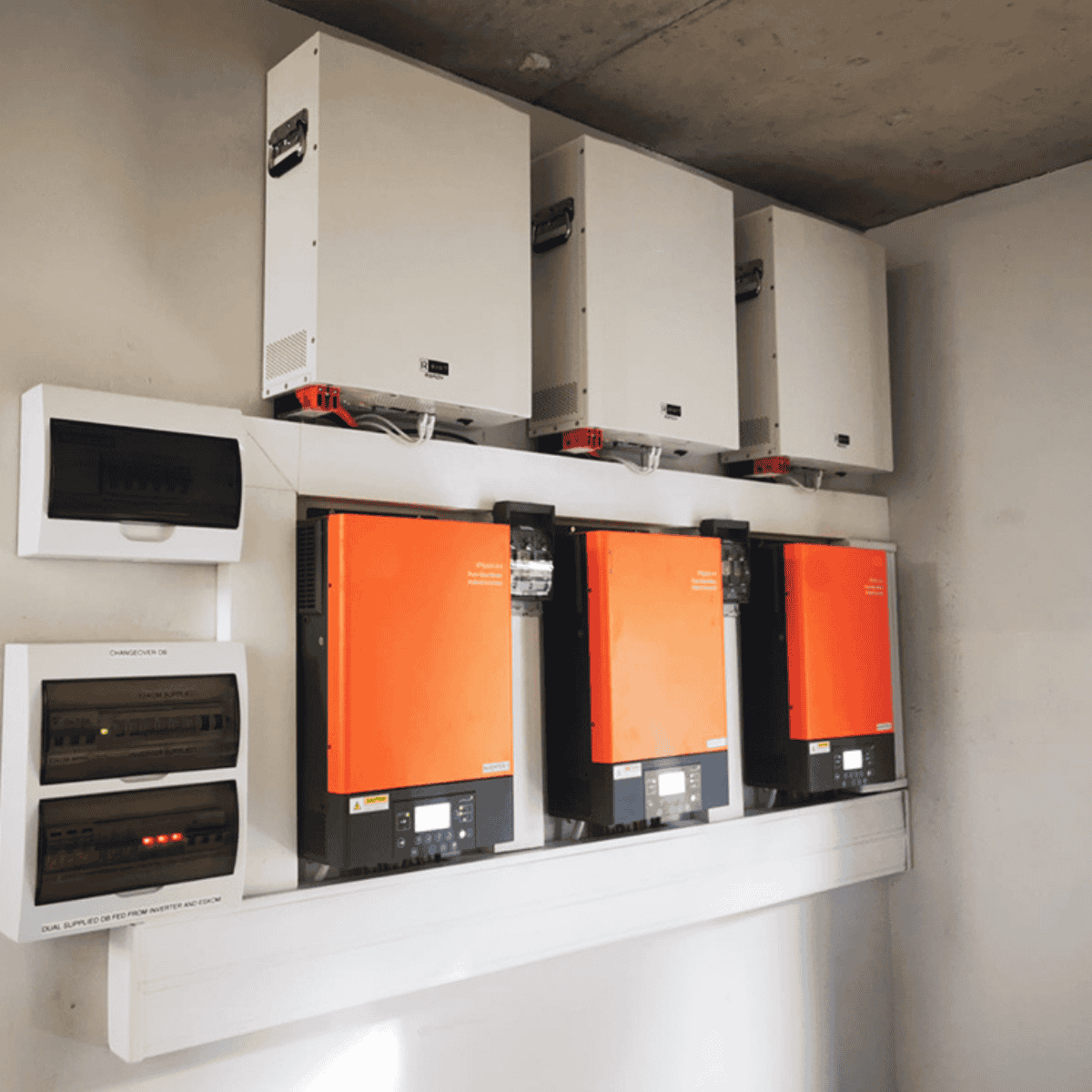
It's interesting how often you might find yourself choosing between lithium vs alkaline batteries without even realizing it. Each type has its unique advantages and applications, but understanding their differences is essential for peak performance. As we explore these distinctions, you'll see why one may serve your devices better than the other. What factors should you consider before making your next battery purchase?
To understand how batteries work, you need to grasp the basic components and processes involved in energy conversion.
Batteries, whether lithium or alkaline, consist of an anode, cathode, and electrolyte. When you connect a battery to a device, a chemical reaction occurs, causing electrons to flow from the anode to the cathode. This flow generates electrical energy.
In the lithium vs alkaline batteries debate, consider the lithium battery’s higher energy density and rechargeability as significant advantages. However, they come with a higher initial cost.
Conversely, alkaline batteries are cheaper and suitable for low-power devices, but they're non-rechargeable.
Evaluating lithium vs alkaline battery pros and cons helps you choose the right type for your specific needs, ensuring peak performance.

Alkaline batteries, known for their reliability and efficiency, are a staple in many households and devices. They operate through a chemical reaction between zinc and manganese dioxide, providing a stable voltage and long battery life in low-power applications. However, they aren't rechargeable, which means you’ll need to replace them once depleted.
While alkaline batteries are cost-effective and widely available, they have a faster discharge rate than lithium batteries under high demand.

Lithium batteries have revolutionized the way we power our devices, thanks to their high energy density and rechargeability.
When you compare lithium vs alkaline batteries life, lithium batteries outshine with thousands of cycles, making them ideal for high-demand applications like smartphones and electric vehicles.
Their lightweight design and consistent voltage output guarantee excellent performance, even under stress. If you're considering a lithium vs alkaline battery for solar systems, lithium batteries offer superior efficiency and longevity, reducing the need for frequent replacements.
Plus, their low self-discharge rate keeps them ready for use when you need them.
Ultimately, choosing lithium means investing in reliable power that meets your control and performance needs.

Various types of batteries exist beyond the well-known alkaline and lithium options, each designed to meet specific needs and applications.
For instance, nickel-metal hydride (NiMH) batteries are popular in hybrid vehicles and rechargeable devices, providing higher capacity than alkaline.
Similarly, lead-acid batteries are essential in automotive and backup power systems, known for their robustness and cost-effectiveness. Lead-acid batteries stand out for their durability and affordability, making them vital for automotive and backup power applications.
You might also encounter lithium polymer batteries, which offer versatility in shape and size for compact devices.
If you want to know more about other types of batteries, you could move to The Ultimate Guide to All Types of Solar Batteries: Dominate the Energy Game.
When lithium vs alkaline, you'll notice key differences in their chemistry, voltage, capacity, and cycle life.
Alkaline batteries typically deliver 1.5 volts and are suitable for low-power applications, while lithium batteries provide around 3.6 volts, making them ideal for high-performance devices.
Understanding these distinctions can help you choose the right battery for your specific needs.
While both alkaline and lithium batteries serve as essential power sources, their underlying chemistry reveals distinct differences that impact performance and application.
Alkaline batteries utilize a zinc anode and manganese dioxide cathode, with potassium hydroxide as the electrolyte, producing energy through a chemical reaction that’s stable but non-rechargeable.
In contrast, lithium batteries employ lithium ions moving between electrodes for energy release, offering a higher energy density and recharge capability. The materials in lithium batteries, such as lithium salts, enhance performance, allowing for thousands of charge cycles.
This fundamental difference in chemistry not only affects longevity but also dictates the suitability for various devices, from low-power electronics to high-demand applications like smartphones and electric vehicles.
Alkaline batteries typically provide a nominal voltage of 1.5 volts, while lithium batteries deliver a higher voltage, averaging around 3.6 volts. This disparity can greatly affect performance, especially in high-demand applications.
For low-power devices, alkaline batteries often suffice. However, lithium's higher voltage makes it suitable for high-performance electronics, ensuring they operate efficiently. By understanding these voltage differences, you can make informed decisions that enhance your device's functionality and longevity.
Capacity plays an essential role in determining how long a battery can power your devices before needing a replacement. When you compare lithium vs alkaline, lithium batteries stand out with their higher energy density.
Typically, lithium batteries can store between 1200mAh to 200Ah, while alkaline batteries usually max out around 2000mAh. This increased capacity allows lithium batteries to support high-performance devices like smartphones and laptops effectively.
Additionally, lithium batteries maintain a consistent voltage output until depletion, ensuring reliable performance. In contrast, alkaline batteries experience a gradual voltage drop, which may impact device functionality.
Cycle life is a critical factor when choosing between lithium vs alkaline, especially for devices that require frequent power.
Alkaline batteries typically last around 300 cycles, making them suitable for low-power applications where frequent replacements are manageable.
On the other hand, lithium batteries shine with impressive cycle lives ranging from 3,000 to 10,000 cycles, depending on the type.
This longevity means fewer replacements and reduced waste, which can be a significant advantage for high-usage devices.
If you're looking for reliability and efficiency, lithium batteries provide a superior solution.
Their rechargeable nature guarantees you have more control over your device’s power needs, making them ideal for demanding applications where battery performance is paramount.
When selecting a battery for your device, it is crucial to take into account the specific applications for lithium vs alkaline batteries are suited. Alkaline batteries excel in low-power devices, while lithium batteries shine in high-performance applications. Here’s a quick comparison:
For example, you might use alkaline batteries in remote controls and toys, whereas lithium batteries are perfect for smartphones and laptops. By identifying your device's power requirements, you can make an informed choice, ensuring peak performance and longevity for your applications. This way, you gain control over your energy management.
Understanding the performance characteristics of batteries is essential for making informed choices about their use in various applications. Here’s a concise comparison of alkaline and lithium batteries:
How do you determine the best battery type for your specific needs? Start by evaluating the voltage and power requirements of your device.
If it demands high energy, lithium batteries are your best bet, offering longer lifespan and efficiency. For low-power devices, alkaline batteries provide a cost-effective solution.
Next, consider how often you’ll use the device. Regularly used gadgets benefit from lithium’s rechargeability, while infrequent users may find alkaline batteries sufficient.
Also, think about the environment; lithium batteries perform better in extreme temperatures.
Finally, evaluate your budget: alkaline batteries are cheaper upfront, but lithium batteries can save money in the long run due to their durability and cycle life.
Choose wisely to optimize performance and cost.
Choosing a lithium battery over an alkaline one can greatly enhance your device's performance and longevity. The advantages of lithium batteries make them a superior choice for demanding applications:
Opting for lithium means investing in efficiency and reliability, giving you the control and performance your high-demand devices deserve.
When selecting the right battery for your needs, consider the diverse real-life applications where different batteries excel.
Alkaline batteries are perfect for low-power devices like remote controls and alarm clocks due to their cost-effectiveness and stable voltage.
However, if you're powering high-demand electronics like smartphones or electric vehicles, lithium batteries are your best bet. Their superior energy density and rechargeability offer long-term savings and performance.
When buying, assess your device's voltage requirements, usage frequency, and environmental conditions. For frequent use, invest in lithium for its longevity.

If you're dealing with occasional use devices, alkaline batteries will suffice. Understanding these distinctions will empower you to make informed choices tailored to your specific needs.
Although battery performance is essential for device functionality, their varying sizes primarily cater to specific energy needs and design constraints.
Different applications require distinct power levels, which influences battery dimensions. Here are key factors that explain why batteries come in various sizes:
Are you looking for reliable lithium battery manufacturers? Start by researching established companies like Leappower, we specialize in applications such as home energy storage and electric vehicles. Check product offerings and verify the services align with your needs for efficiency and safety.
Visit industry trade shows and conferences to connect with multiple manufacturers and evaluate their technologies firsthand.
Additionally, scrutinize customer reviews and case studies to gauge reliability and performance. Engaging with forums or industry groups can also provide valuable insights into the best manufacturers to suit your specific requirements.

In the grand tapestry of battery technology, lithium batteries emerge as the champions of efficiency and longevity, perfectly suited for today's energy-hungry devices. While alkaline batteries may gently fade into the background, their simplicity remains invaluable for low-power needs. As you navigate the battery landscape, remember that choosing the right type isn’t just a matter of preference; it’s about harnessing the power that best aligns with your devices and lifestyle. Embrace the future with informed choices.


About Our Mission:
"We strive to deliver real value for our customers through distinctive design, superb quality and excellent customer service at prices that reflect the real worth of our products."



